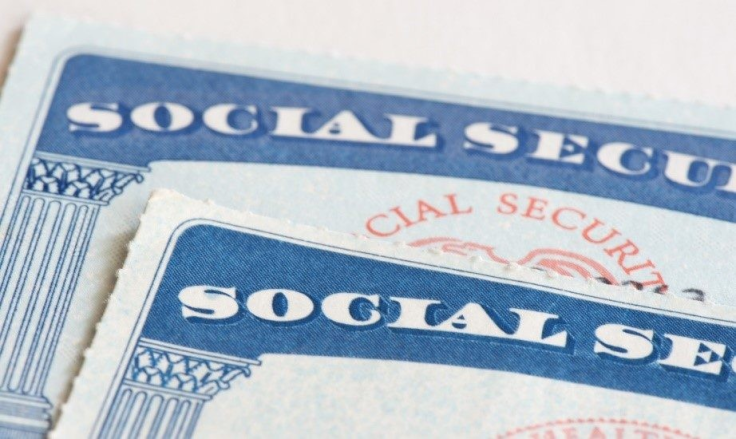Social Security to Stop Issuing Paper Cheques By End Of September, Affecting Half a Million Recipients: Here's What They can do
Paper cheques are most likely to be altered than electronic payments

The Social Security Administration (SSA) will stop issuing paper cheques starting 30 September, based on US President Donald Trump's executive order in March titled 'Modernising Payments to and from the American bank account.'
Under this mandate, all federal payments, including Social Security, Supplemental Security Income (SSI), Social Security Disability Insurance (SSDI), and tax refunds, will be made electronically starting from the specified date.
As a result, over 493,000 beneficiaries who receive monthly paper cheques will be directly affected by this digital transition, as they will be required to change their payment method.
The White House had highlighted that the decision to go completely digital is part of efforts to tackle rising mail theft and fraud linked to paper cheques since the COVID-19 pandemic. It is estimated that Treasury Department cheques are 16 times more likely to be reported as stolen, undeliverable, or altered than electronic funds transfers. Those supporting the changes believe digitalising payments could ensure beneficiaries receive payments on time, reduce the scope of fraud, facilitate cost savings, and improve overall operational efficiency.
However, many argue that the payment overhaul will negatively impact older adults without access to digital media or confidence in online banking systems. These critics view the changes as 'exclusion' rather than beneficial, given the Trump administration's reduction in funding for digital equity.
Affected Social Security Benefits Should Explore Alternate Payment Options
The Social Security Agency will accept payment methods, including direct deposit, debit cards, digital payments, and real-time payment interfaces. The Agency recommends recipients set up direct deposit into an existing bank account or a Direct Express Mastercard debit card for continued receipt of monthly benefits.
However, some recipients could continue receiving non-digital payments under specific circumstances, such as no access to banking or electronic services, emergencies that lead to undue hardship, or special law enforcement and national security matters. Individuals qualifying for these exceptions can raise requests with the Treasury Department or the SSA directly, which will be assessed on a case-by-case basis. Even those facing undue barriers to digital payment can get in touch with the SSA or the Electronic Payment Solution Center to explore alternatives or request an exemption.
Beneficiaries who can transition to digital payments are advised to enrol for direct deposit and check payment status online at SSA.gov by logging into their My Social Security accounts. The Agency has offered guidance for Americans to stay cautious about fraudulent communications, highlighting that the SSA or the Treasury will never request payments to set up or speed up benefits.
Note that Social Security recipients receiving direct deposits benefit from several protections under the law. For instance, banks can protect benefits from certain types of garnishments as they carry out a 60-day 'lookback' review of federal benefit deposits and ensure that protected amounts are not garnished.
In contrast, banks are not required to protect two months of benefits received via paper cheques deposited into a bank account. This essentially means that the entire bank account balance could be frozen and that court intervention would be required to prove that the payments come from protected federal benefits.
© Copyright IBTimes 2025. All rights reserved.

















